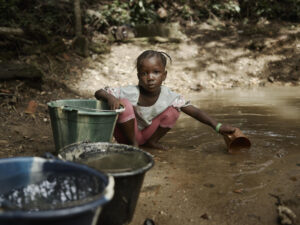Cholera is a severe bacterial infection that leads to intense diarrhea and dehydration. Understanding its causes is essential for prevention and health protection. Here are the key factors contributing to the spread of cholera:
1. Contaminated Water
The primary cause of cholera is drinking water tainted with the Vibrio cholerae bacteria. This often happens when sewage mixes with drinking water due to inadequate separation.
2. Contaminated Food
Consuming food exposed to contaminated water or handled by infected individuals can also cause cholera. This risk includes raw or undercooked seafood, and fruits and vegetables washed with unsafe water.
3. Poor Sanitation
Inadequate sanitation facilities and practices, such as open defecation and improper waste disposal, significantly contribute to cholera spread. Lack of clean toilets increases the risk of water contamination.
4. Inadequate Hygiene
Poor handwashing practices, especially after using the toilet or before handling food, can spread the bacteria. This issue is more common in areas lacking access to soap and clean water.
5. Crowded Living Conditions
Overcrowded areas, such as refugee camps and urban slums, facilitate rapid cholera transmission. These environments typically have limited access to clean water and proper sanitation.
6. Natural Disasters
Floods, hurricanes, and earthquakes can disrupt clean water supplies and sanitation systems, leading to cholera outbreaks. These disasters often result in sewage contaminating drinking water, making it challenging to maintain hygiene.
By addressing these causes, we can take significant steps towards preventing cholera and safeguarding public health.